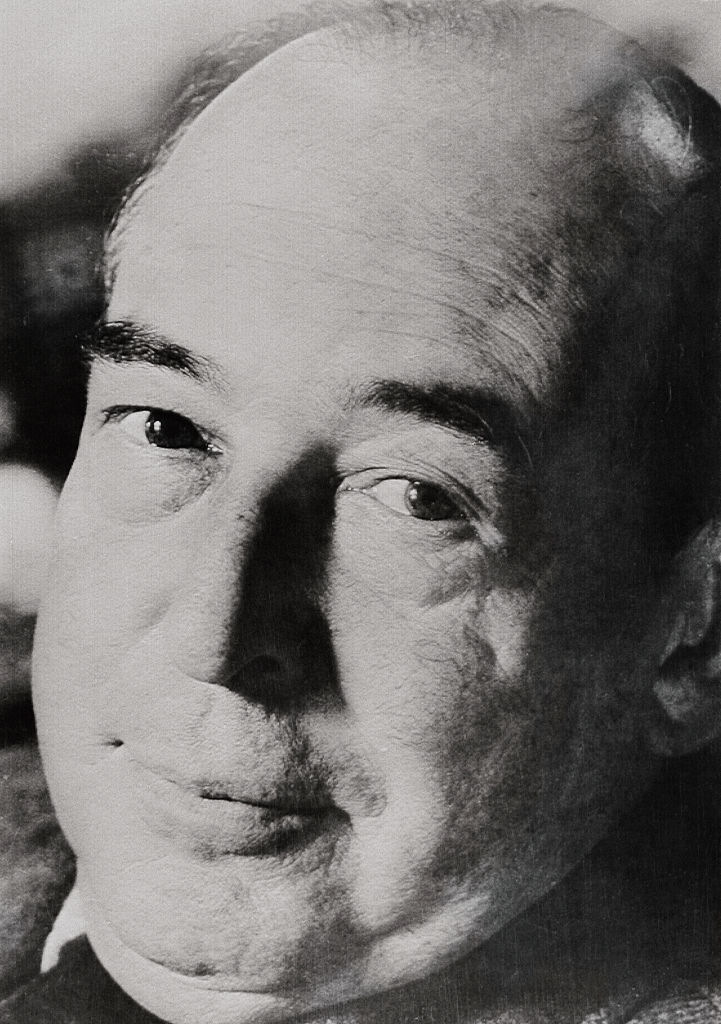Few authors capture the true spirit of Christmas more than C.S. Lewis. Whether it’s his letters to friends that grumble amiably regarding the trappings of Christmas cards and gifting or his compelling argument for faith best exemplified in Mere Christianity, Lewis is rightly regarded as the thinking man’s Christian.
Last Christmas, Liberty Nation News published a piece on Lewis discussing his feelings about the trappings of the season and how they – often humorously – pushed the limits of his patience. This year, as a self-contained continuation, let’s examine his journey from atheism to becoming England’s most “reluctant convert.”
Lessons for Lewis
His path to Christianity was not one without doubts, and, in fact, perhaps best reflects the journey many of the faith undertake. At the age of 17, Lewis wrote to friend and confidant Arthur Greeves, noting that “I believe in no religion. There is absolutely no proof for any of them, and from a philosophical standpoint Christianity is not even the best.” Indeed, a school friend once described him as a “riotously amusing atheist.”

C.S. Lewis (GettyImages)
Lewis was, above all, an intellectual who sought reasoned answers, and he found them in the writings of Bertrand Russel and Voltaire. But he was not content to adopt a philosophical position and leave it unexamined.
A key moment in his spiritual growth came from reading G.K. Chesterton’s The Everlasting Man. It was then that he determined Christianity was very sensible “apart from its Christianity.” Lewis writes, “In the Trinity Term of 1929, I gave in, and admitted that God was God, and knelt and prayed: perhaps, that night, the most dejected and reluctant convert in all England.”
In September of 1931, Lewis had a wide-ranging discussion with two authors, JRR Tolkien and Hugo Dyson – both members of the Inklings literary group. On Christmas Day of that year, he received Holy Communion for the first time since his childhood.
A Literary Liturgy
Through Lewis’ writings, he expressed his faith not as incidental but as dominant to his work – his fiction and non-fiction. One of his most influential works, Mere Christianity, published in 1952, makes the intellectual case and sets out to “explain and defend the belief that has been common to nearly all Christians at all times.” Here are some of the most inspiring quotes from this work:
“The Son of God became a man to enable men to become sons of God.”
“For me, reason is the natural organ of truth; but imagination is the organ of meaning. Imagination, producing new metaphors or revivifying old, is not the cause of truth, but its condition.”
“You must ask for God’s help. Even when you have done so, it may seem to you for a long time that no help, or less help than you need, is being given. Never mind. After each failure, ask forgiveness, pick yourself up, and try again. Very often what God first helps us towards is not the virtue itself but just this power of always trying again.”
“There is nothing indulgent about the Moral Law. It is as hard as nails. It tells you to do the straight thing and it does not seem to care how painful, or dangerous, or difficult it is to do.”
And while Mere Christianity is considered a difficult read, its power and purpose has withstood the test of time, being as relevant today as it was more than 70 years ago. Lewis’ thoughts on Christ go far beyond his direct Christian writings.
A Prayer in Fiction Form
Most readers will be aware of C.S. Lewis through his famous seven-book series The Chronicles of Narnia. A staple for childhood readers across the world, the message is as deep and compelling as any academic treatise. Here are some contemplation-worthy thoughts from the series:
“They will not let us help them. They have chosen cunning instead of belief. Their prison is only in their own minds, yet they are in that prison; and so afraid of being taken in that they cannot be taken out.”
“But I cannot tell that to this old sinner, and I cannot comfort him either; he has made himself unable to hear my voice.”
“’But do not be cast down,’ said Aslan, still speaking to the Beasts. ‘Evil will come of that evil, but it is still a long way off, and I will see to it that the worst falls upon myself. In the meantime, let us take such order that for many hundred years yet this shall be a merry land in a merry world. And as Adam’s race has done the harm, Adam’s race shall help to heal it. Draw near, you other two.’”
And perhaps the most poignant quote for this Christmas season:
“Once in our world, a Stable had something in it that was bigger than our whole world.”
Perfect words, not just for this Christmas Eve, but for all year around. Merry Christmas, dear reader.

